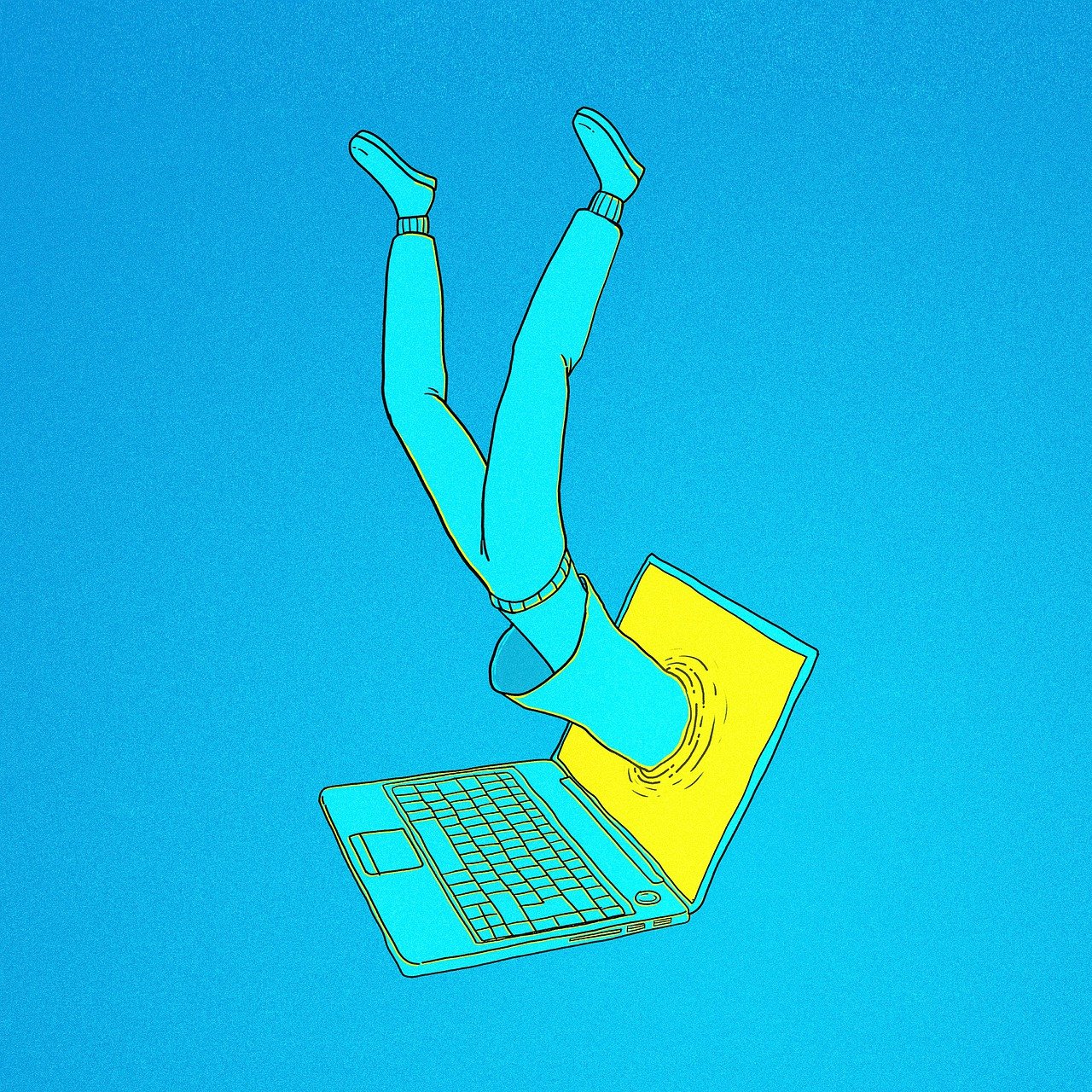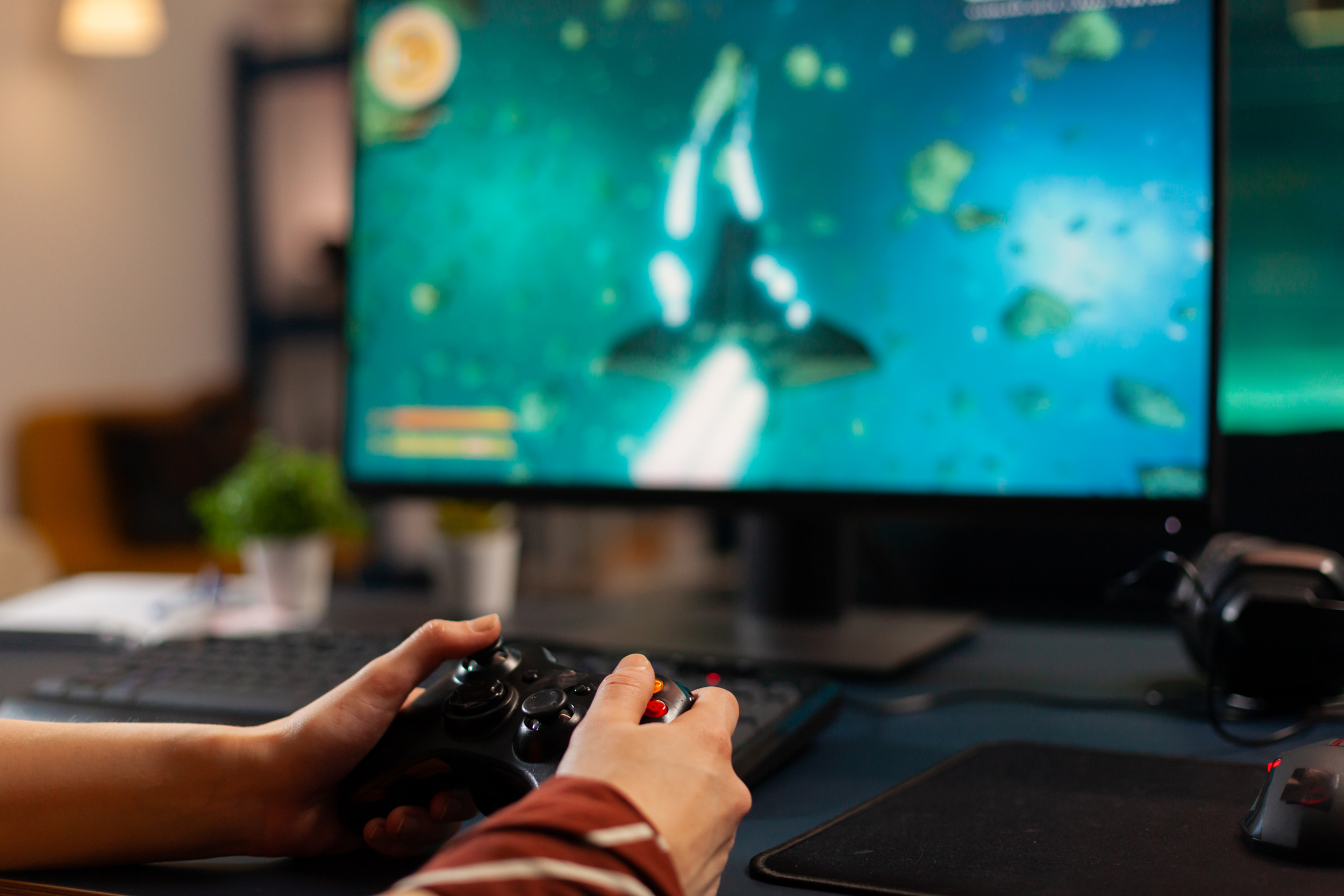
How Gaming Habits Escalates
11, September 2025
Gaming habits often begins gradually, evolving from a causal hobby into a significant problem. Understanding how this progression occurs is crucial for identifying early warning signs and preventing the habit from escalating further.
For many, gaming starts as a harmless pastime something done for fun, relaxation or social interaction. In the early stages, gaming is typically balanced with other activities and responsibilities. However, as individuals become more engaged with the games, they may begin to spend more time playing. This increase in playtime can be driven by the thrill of advancing through levels, achieving in game goals, or bonding with friends in online multiplayer environments. Over time, gaming sessions grow longer and more frequent.
As gaming begins to take up more time and mental energy, individuals may start neglecting other important aspects of their lives. Responsibilities such as work, school, household chores, and personal relationships may fall by the wayside. The more time spent gaming, the greater the decline in performance and engagement in these areas, leading to a cycle of neglect that can reinforce the addiction.
As gaming dependence progresses, individuals may begin to lose interest in other hobbies, social events, and physical activities. The virtual world of gaming becomes more appealing than real-life interactions and responsibilities and gaming gradually takes priority over other activities and interests.
Individuals may develop a tolerance to gaming. This means they need to play for longer periods or engage in more intense gaming sessions to experience the same level of satisfaction or excitement. This escalating need for more gaming time leads to a deeper immersion in the virtual world, further distancing them from real-life obligations
When they are unable to play, individuals may experience withdrawal symptoms such as irritability, anxiety, restlessness, and mood swings. These symptoms can make it difficult to cut back on gaming, even when individuals recognize the negative consequences it’s having on their lives.
At this stage, gaming shifts from being a hobby to a compulsive behavior. The urge to play becomes overwhelming and individuals find it increasingly difficult to stop, even when they understand the negative impact on their health, relationships or daily responsibilities. The compulsion to play overrides other priorities and responsibilities, creating a vicious cycle.
As a habit deepens, individuals often become more socially isolated. They may prefer the company of online gaming friends over real-life interactions, leading to a decline in face-to-face socializing and a weakening of support networks. This isolation can further entrench the addiction and make it harder to seek help.
Excessive gaming can also lead to financial problems, particularly when individuals spend large amounts of money on in-game purchases, new games, and gaming equipment. In some cases, gaming expenses take priority over essentials needs, contributing to financial instability and increasing stress.
The escalation of gaming addiction can also result in both physical and mental health issues. Long gaming sessions often lead to poor posture, eye strain, sleep disturbances, and health problems related to a sedentary lifestyle. Mentally, individuals may experience increased anxiety, depression, and stress as a result of the imbalance and negative consequences stemming from their gaming habits.
Gaming dependance typically escalates gradually, beginning with increased time spent playing and progressing to the development of tolerance and withdrawal symptoms. As the habit deepens, it can interfere with other areas of life, including relationships, work and health
If you or someone you know is struggling with gaming habit, seeking professional help is a critical step. setting healthy boundaries, maintaining a balance between gaming and other aspects of life, and receiving guidance from mental health professionals can help prevent and overcome gaming dependence. Takalam offers a wide range of experienced professionals who are equipped to support individuals in addressing this issue and regaining control over their lives.
https://www.who.int/standards/classifications/frequently-asked-questions/gaming-disorder
Mohammad, S., Jan, R. A., & Alsaedi, S. L. (2023). Symptoms, mechanisms, and treatments of video game addiction. Cureus, 15(3). https://doi.org/10.7759/cureus.36957

Gaming addiction, also known as Person experiencing gaming harms, is a serious turmoil that affects millions worldwide. Beyond its emotional and psychological toll, the financial effects of gaming addiction can be devastating...
16, September 2024

Online gaming, including betting, has become a widely accepted form of entertainment in modern society. While it remains a harmless activity for many, it can evolve into addictive and problematic behavior for some.
16, September 2024
